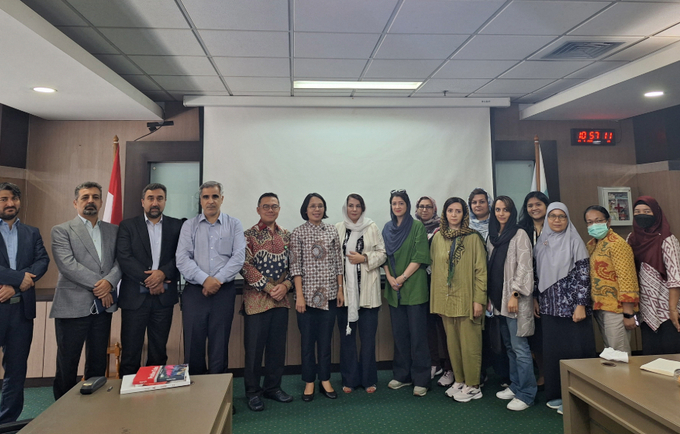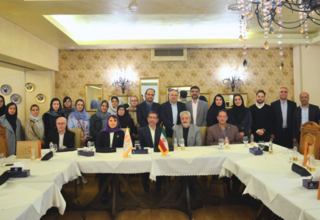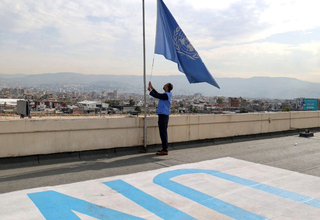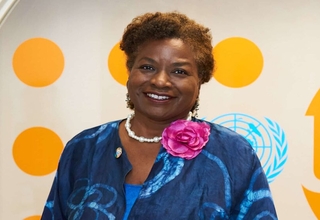Jakarta, Indonesia – May 22 to 25, 2023
In a collaborative effort to exchange experiences and strategies for HIV-affected and infected young populations, a study tour took place in Jakarta, Indonesia, from May 22 to 25, 2023. The tour, attended by representatives from UNFPA, UNAIDS, and UNICEF country offices in Iran, provided a platform for knowledge sharing and identifying best practices in the field. UNFPA Iran played a pivotal role in facilitating and supporting the presence of a delegation including six Iranian officials from the Iranian Parliament, Medical Universities, and the Ministry of Health and Medical Education. Youth focal points from UNFPA, UNICEF, and UNAIDS, and the Women and Girls Protection Associate of the UNFPA also participated in this study tour.
The study tour concluded with comprehensive conclusions and recommendations, highlighting the role of UNFPA in supporting the Government of I.R.Iran to shape the discourse around HIV programmes. Key recommendations included the need for community involvement, leveraging digital platforms for awareness raising, enhancing collaboration between line ministries, and involving young people in all stages of programme design and implementation. UNFPA Indonesia country office’s contributions were particularly notable in emphasizing the importance of human rights approaches, community-led evidence information activities, and the meaningful participation of youth in programming. The organization stressed the need for strong partnerships, innovative strategies, and the integration of violence screening into HIV prevention and treatment programmes.
The conclusions underscored the vital role of advocacy, and capacity-building for community-based organizations. UNFPA's focus on involving communities, enhancing peer capacities, and integrating services through community engagement stood out as key factors for successful HIV programme implementation.
In essence, UNFPA Iran's initiative to conduct this study tour not only strengthened ties with global counterparts but also positioned the organization as a driving force in the ongoing efforts to address HIV challenges, especially concerning young populations. The shared insights are expected to shape future initiatives by the Government of I.R.Iran and contribute to the global fight against HIV/AIDS. The collaborative effort provided a unique platform for knowledge sharing, allowing the delegation to learn from Indonesia's successful programme and share their insights from the Iranian context. This experience was particularly crucial in fostering a deeper understanding of effective approaches to preventing HIV among young populations.




